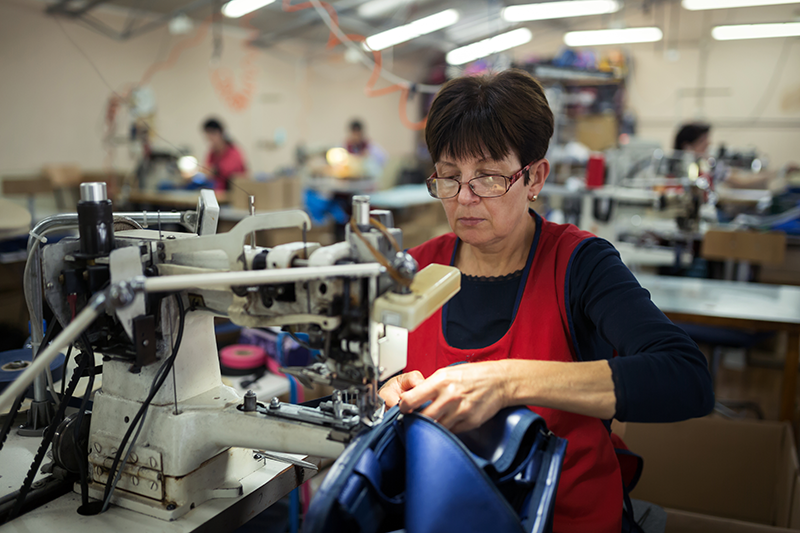
Pracovněprávní vztahy
Odborové svazy, organizace zaměstnavatelů a veřejné orgány, všechny tyto subjekt hrají roli ve správě pracovněprávních vztahů. Jedná se o vzájemně propojené součásti systému, který funguje na evropské, vnitrostátní, odvětvové, regionální a podnikové úrovni. V posledních letech, jak se technologie a formy práce vyvíjejí v rámci soustavně se měnícího ekonomického prostředí, musí systémy pracovněprávních vztahů čelit zásadním výzvám.
V této souvislosti Evropská komise v roce 2015 vyhlásila „nový začátek“ evropského sociálního dialogu. Ve společném prohlášení z června 2016 Komise, Rada Evropské unie a sociální partneři zdůraznili zásadní úlohu sociálního dialogu jako významné součásti tvorby zaměstnaneckých a sociálních politik EU.
- Evropská komise: Společné prohlášení o novém začátku sociálního dialogu






















